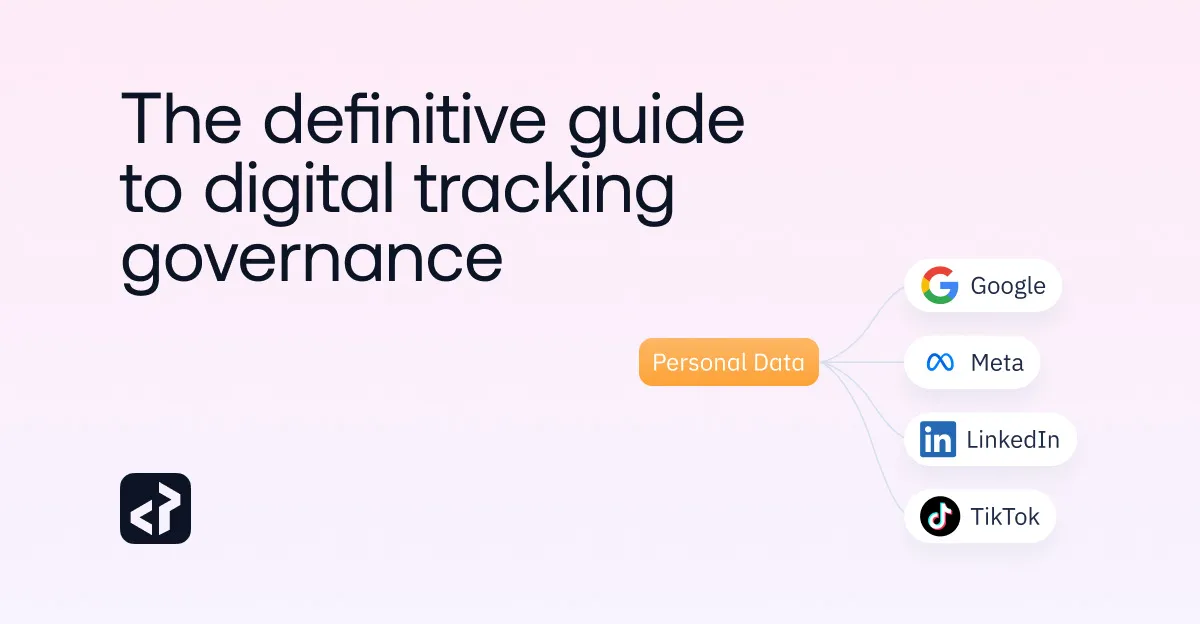Understanding Digital Tracking Governance
Let’s dive into the world of digital tracking governance and explore what it really means for businesses. Digital tracking governance is all about responsibly managing the personal data shared with marketing partners by respecting user preferences. This involves ensuring that the data shared with third parties is compliant with all relevant regulations and internal privacy policies.
Why is Digital Tracking Governance Important?
In today’s landscape, digital tracking governance is becoming increasingly crucial for businesses to stay compliant. With new regulations being introduced, companies need to be vigilant about how they handle personal data and the consequences of non-compliance can be severe.
Key Regulations Impacting Digital Tracking Governance
Recent privacy regulations in the US, such as the California Privacy Rights Act (CPRA) and Washington state’s My Health My Data Act (MHMDA), have put a spotlight on the importance of digital tracking governance. These regulations require companies to collect, track, and uphold consent before sharing user data, making compliance a top priority.
The Role of Consent Management Platforms
Consent management platforms play a vital role in collecting, acting on, and recording user consent. By offering customizable cookie banners and consent settings based on regulations and policies, these platforms help businesses navigate the complex web of privacy regulations.
The Power of Privacy Code Scanning
Privacy code scanning solutions provide real-time visibility into how personal data is shared from a company’s software, be it websites, apps, or backend systems. By automatically identifying and classifying personal data in the codebase, these solutions can prevent non-compliant data sharing before it happens, ensuring adherence to privacy policies and regulations.
Bringing it All Together
By combining consent management platforms with privacy code scanning, businesses can implement best-in-class digital tracking governance. This approach not only ensures compliance with regulations but also fosters a culture of privacy and data protection within the organization.
As privacy laws continue to evolve and new regulations are introduced, staying ahead of the curve with robust digital tracking governance practices is essential for businesses to thrive in today’s data-driven world.



